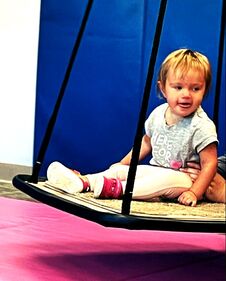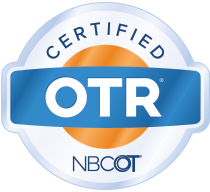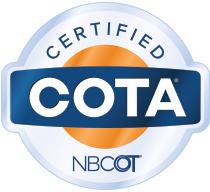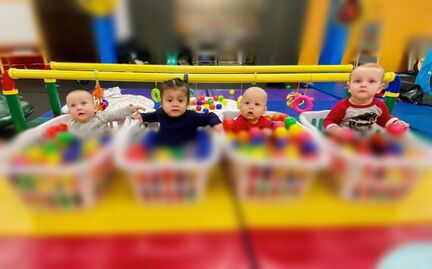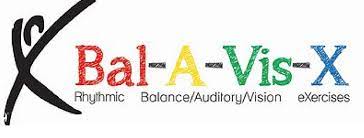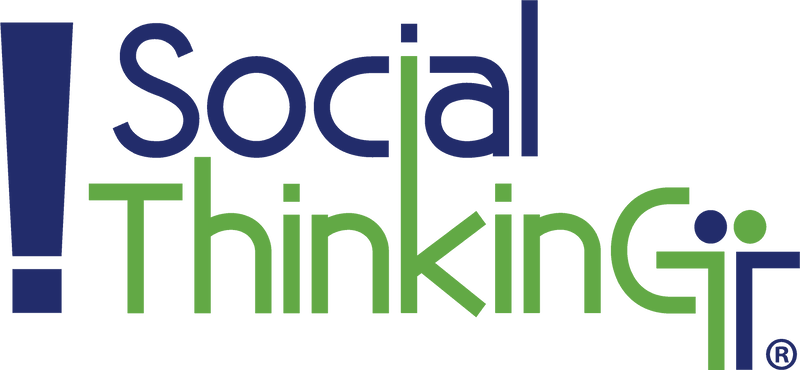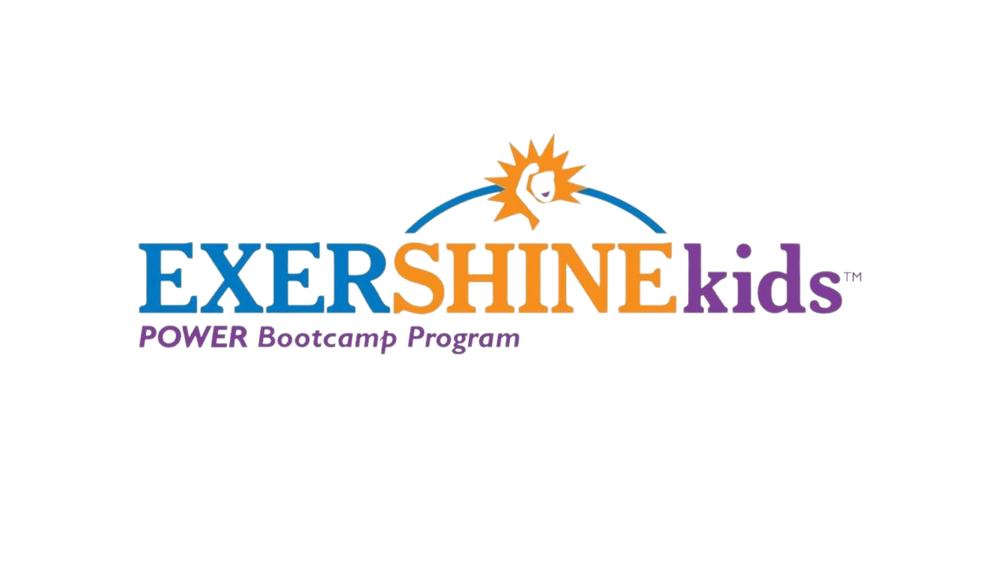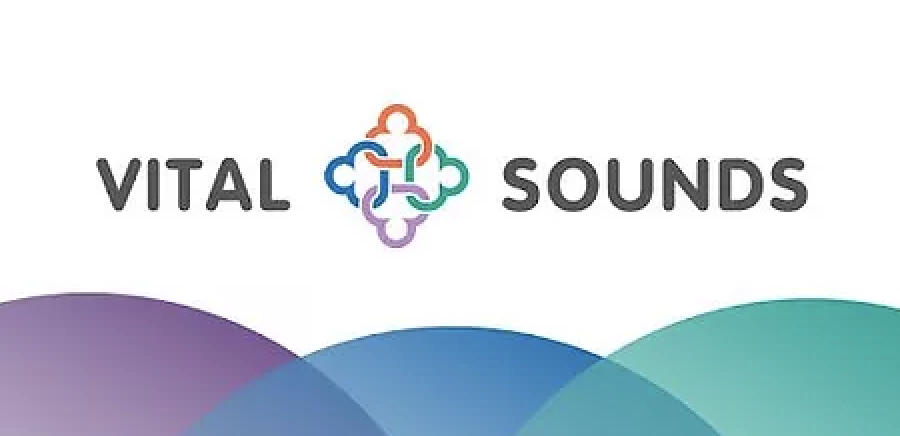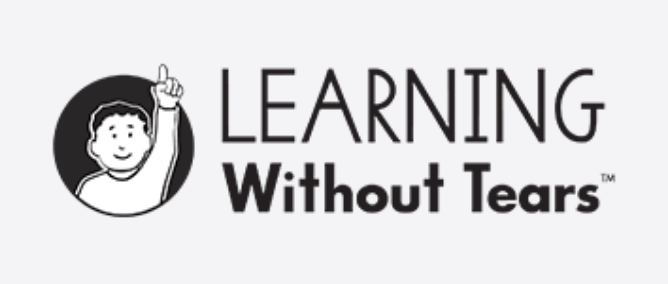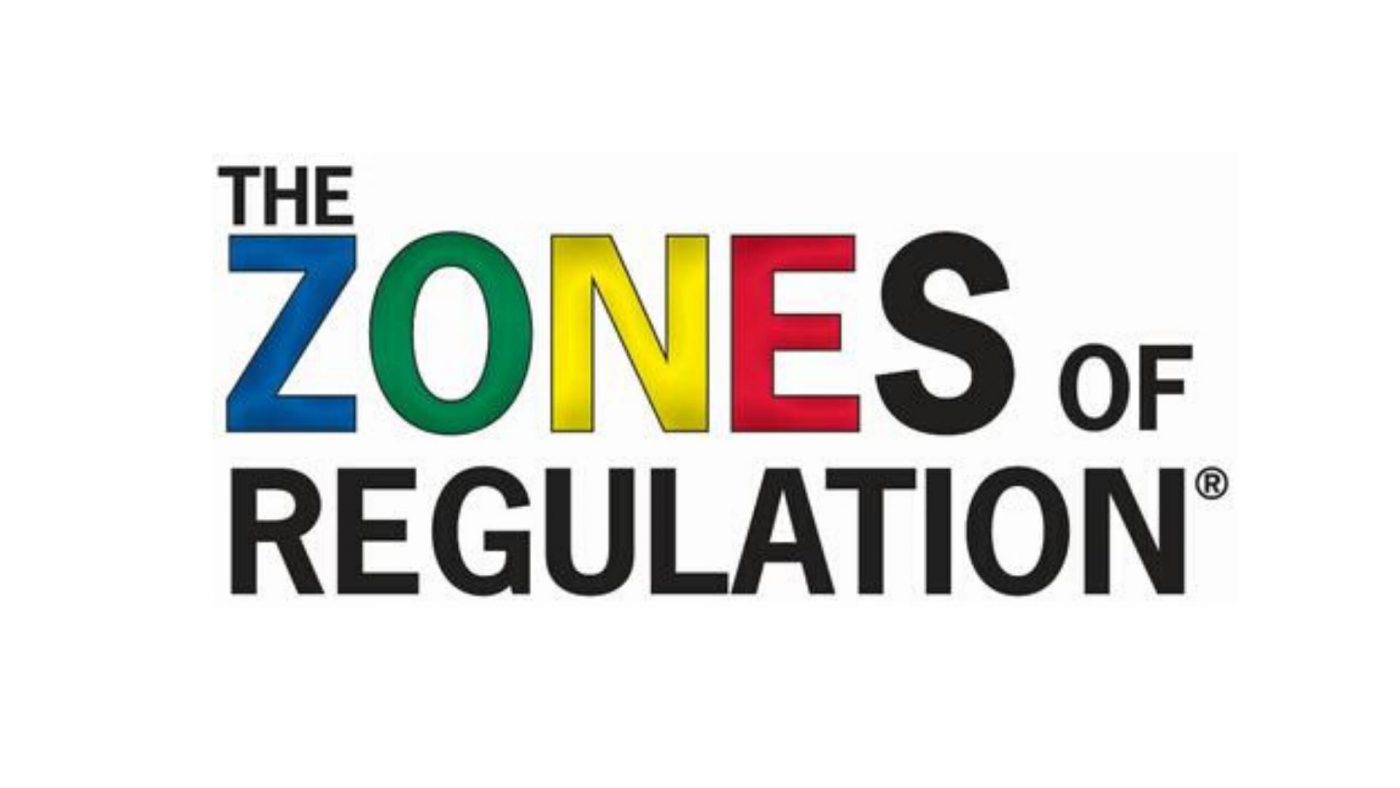Sensational Services
Sensation Station offers a variety of services for children of all ages. Our licensed therapist engage children in a playful environment that will help promote improvements in strength, coordination, social communication, functional mobility, social-emotional regulation, and sensory processing.
Occupational Therapy Services
What is Occupational Therapy?
The word occupation describes daily functional tasks and responsibilities. A child's only occupation is to develop skills they need to succeed later in life. Play is their primary occupation. During occupational therapy sessions, you can expect your child to learn skills to help them strive. If your child is facing developmental challenges, OT will work to enhance them through structured play. Gaining these skills sooner in life will gain confidence, and independence so they are able to keep up with peers and fully engage in age appropriate daily tasks.
Pediatric Occupational Therapy (OT) is a specialized branch of occupational therapy that focuses on helping children develop the necessary skills to participate in activities of daily life. Occupational therapists who work with children are known as pediatric occupational therapists.
The primary goal of pediatric occupational therapy is to support children in achieving their maximum level of independence and function in various areas of their lives. These areas may include:
Pediatric occupational therapists use a variety of play-based and purposeful activities to engage children in therapy. Assessment tools, observations, and collaboration with parents, teachers, and other professionals help them understand a child's strengths and challenges.
Common conditions that may benefit from pediatric occupational therapy include:
Therapists work closely with parents, caregivers, and educators to create a holistic approach to intervention, ensuring that gains made in therapy can be carried over into the child's daily life. The ultimate aim is to help children participate fully in home, school, and community activities.
The word occupation describes daily functional tasks and responsibilities. A child's only occupation is to develop skills they need to succeed later in life. Play is their primary occupation. During occupational therapy sessions, you can expect your child to learn skills to help them strive. If your child is facing developmental challenges, OT will work to enhance them through structured play. Gaining these skills sooner in life will gain confidence, and independence so they are able to keep up with peers and fully engage in age appropriate daily tasks.
Pediatric Occupational Therapy (OT) is a specialized branch of occupational therapy that focuses on helping children develop the necessary skills to participate in activities of daily life. Occupational therapists who work with children are known as pediatric occupational therapists.
The primary goal of pediatric occupational therapy is to support children in achieving their maximum level of independence and function in various areas of their lives. These areas may include:
- Fine Motor Skills: Developing hand-eye coordination, grasping, handwriting, and other fine motor skills.
- Gross Motor Skills: Enhancing balance, coordination, and strength for activities such as running, jumping, and playing sports.
- Sensory Processing: Helping children process and respond appropriately to sensory stimuli, such as touch, sound, taste, and movement.
- Self-Care Skills: Assisting with activities of daily living (ADLs) like dressing, feeding, and personal hygiene.
- Visual Perception: Enhancing visual processing skills that are crucial for tasks such as reading, writing, and drawing.
- Social Skills: Supporting the development of social interactions, play skills, and cooperation with peers.
- Cognitive Skills: Improving cognitive abilities, including attention, memory, and problem-solving.
- Emotional Regulation: Assisting children in recognizing and managing their emotions.
Skills most commonly addressed:
- Sensory processing and regulation for seekers and avoiders
- Attention disorders and redirecting
- Emotional regulation tool and skills
- Social skills, conduct, and communication
- Feeding, eating
- Tactile defensiveness
- Functional mobility || walking, crawling, balance, and movement patterns
- Body and safety awareness
- Fine motor skills, strengthening, and coordination
- Gross motor skills, planning, strengthening, and coordination
- Visual perceptual skills and processing
- Hand writing
- Early Intervention
- Activities of daily living || bathing, dressing, grooming
- Transitional Skills || meal prep, job training, community involvement
Pediatric occupational therapists use a variety of play-based and purposeful activities to engage children in therapy. Assessment tools, observations, and collaboration with parents, teachers, and other professionals help them understand a child's strengths and challenges.
Common conditions that may benefit from pediatric occupational therapy include:
- Sensory Processing Disorders (SPD)
- Autism Spectrum Disorders (ASD)
- Developmental Delays
- Attention Deficit Hyperactivity Disorder (ADHD)
- Cerebral Palsy
- Fine Motor Delays
- Handwriting Difficulties
Therapists work closely with parents, caregivers, and educators to create a holistic approach to intervention, ensuring that gains made in therapy can be carried over into the child's daily life. The ultimate aim is to help children participate fully in home, school, and community activities.
Speech Therapy Services
Pediatric speech therapy, also known as pediatric speech-language therapy, is a specialized field that focuses on helping children develop and improve their communication and language skills. Speech therapists who work with children are known as pediatric speech-language pathologists or pediatric speech therapists. These professionals address a range of speech and language disorders in children, aiming to enhance their ability to communicate effectively.
Here are some key aspects of pediatric speech therapy:
Collaboration with parents, caregivers, teachers, and other professionals is essential to ensure that therapy goals are reinforced in various environments. The ultimate aim of pediatric speech therapy is to support children in achieving effective communication, enabling them to participate fully in academic, social, and daily life activities.
Here are some key aspects of pediatric speech therapy:
- Speech Sound Disorders: Pediatric speech therapists work with children who have difficulty producing speech sounds correctly. This may involve issues such as articulation disorders, phonological disorders, or apraxia of speech.
- Language Disorders: Children with language disorders may struggle with understanding language (receptive language) or expressing themselves through language (expressive language). Therapy helps improve vocabulary, grammar, and comprehension skills.
- Fluency Disorders: Speech therapists assist children who exhibit fluency disorders, such as stuttering. Techniques are employed to enhance smooth and fluent speech.
- Voice Disorders: Some children may experience problems with their vocal quality or pitch. Speech therapists address voice disorders by teaching appropriate vocal techniques.
- Feeding and Swallowing Disorders: Speech therapists may also work with children who have difficulty with feeding and swallowing, addressing issues related to oral motor skills, coordination, and sensory aspects of eating.
- Social Communication Skills: Therapy often includes interventions to improve social communication skills, helping children with pragmatic language difficulties navigate social interactions effectively.
- Augmentative and Alternative Communication (AAC): For children who struggle with traditional forms of communication, pediatric speech therapists may introduce and support the use of AAC systems, which can include gestures, pictures, or electronic devices.
- Early Intervention: Early identification and intervention are crucial for the successful treatment of speech and language disorders. Pediatric speech therapists often work with infants and toddlers to address potential issues early on.
Collaboration with parents, caregivers, teachers, and other professionals is essential to ensure that therapy goals are reinforced in various environments. The ultimate aim of pediatric speech therapy is to support children in achieving effective communication, enabling them to participate fully in academic, social, and daily life activities.
Sensational Certifications
Our therapist are certified in several regional and nationally accredited therapeutic programs, such as:
- Astronaut Training
- Handwriting without tears
- Therapeutic Listening
- The SOS approach to feeding
- Bal-Vas-X
- Emotional Zones of Regulation
- Sensorimotor Approach to Feeding
- Primitive Reflex Integration
- Social Thinking Curriculum
- Exershine Bootcamp

